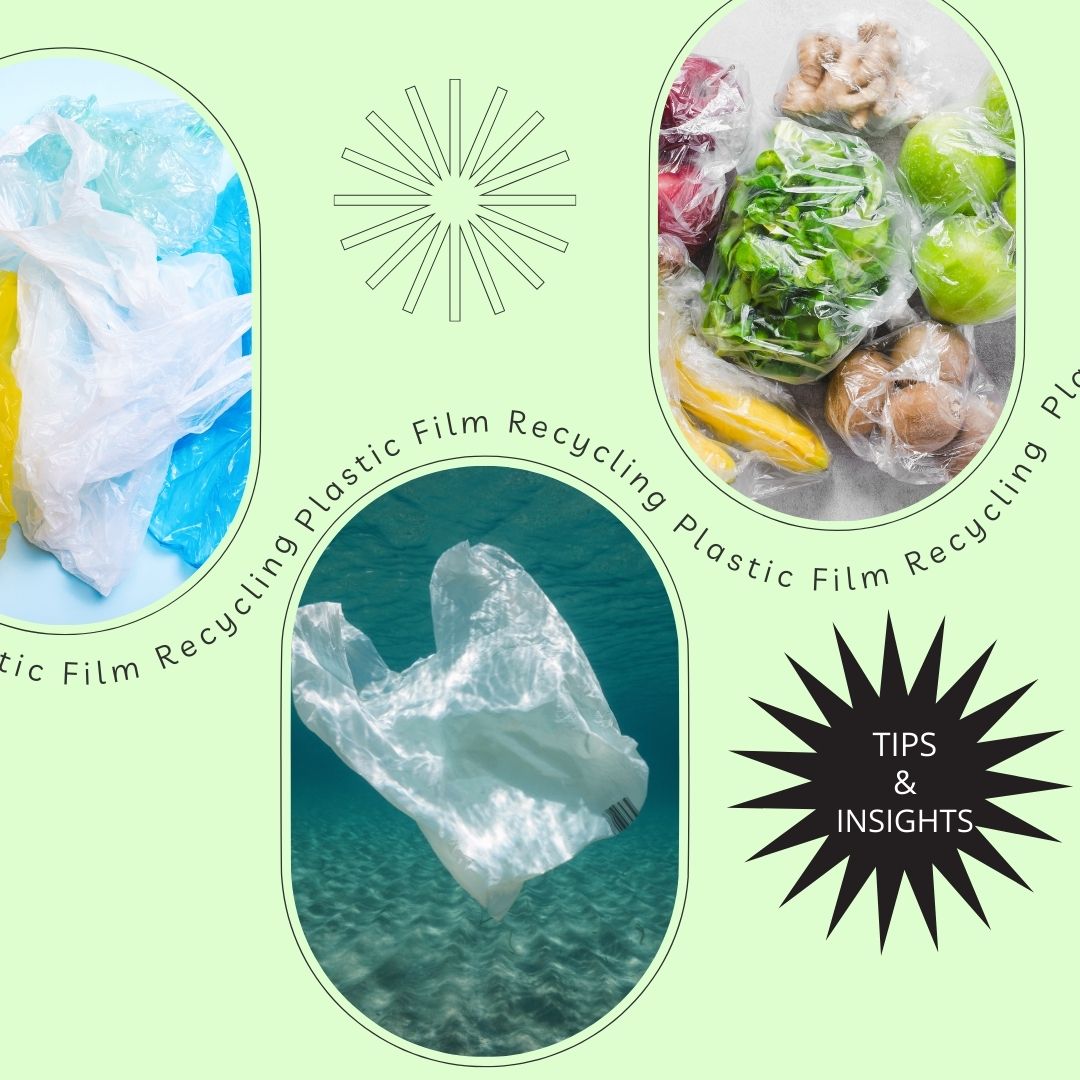by Calen Roome and Alicia Foley, Texas Commission for Environmental Quality
One of the reasons plastic has fallen out of favor in recent years is that plastic waste seems to be everywhere. We have all probably noticed plastic clinging to fences and trees, floating across the landscape and local waters, or even in the ocean.
These lightweight modern packaging marvels can keep food fresh longer, preserving the tasty treats inside. But plastics can travel long distances on a breeze, often landing where they are difficult to retrieve. There they can break down into microscopic pieces, detrimentally impacting the environment.
Reusable bags are an alternative to single-use plastic bags, but despite our best efforts, we may still end up with items such as cling wrap, bread and dry cleaning bags, and the overwrap around items like paper towels and cases of bottled water. Properly recycling plastic bags and plastic film packaging diverts this material from landfills and keeps it out of the environment.
Recycling also supports a whole network of local businesses that collect and process these materials. Including American manufacturers, who subsequently transform these materials into new products.
The bags and films you recycle can be made into a variety of new products and packaging, including:
- new bags and wraps,
- durable items such as outdoor patio furniture, office supplies, crates, pallets, and pipes, and
- plastic composite lumber that is used to make items like park benches, fencing, and decks.
Most recycled post-consumer film plastic in the U.S. is currently used to manufacture decking.

Which Bags and Film Can I Recycle?
Recyclable films include:
- Most single layer plastic bags, including zip-top food storage bags, newspaper bags, and some cereal bags (make sure these are clean and dry);
- Most plastic wraps, such as cling wrap and that found around multi-packs of drinks, paper towels, etc.;
- Plastic shipping envelopes (remove labels), bubble wrap, and air pillows (deflate);
- Film wrapping or bags that have a How2Recycle label for Store Drop-Off.



Which Bags and Film Shouldn’t I Recycle?
Do not try to recycle biodegradable or compostable bags and packaging, pre-washed salad mix bags, frozen food bags, candy wrappers, chip bags, six-pack rings, and most pet food bags. They are made from materials that cannot be recycled.


Keep it Out of the Cart
Plastic film is generally not welcome in curbside recycling programs. This is largely because such items become tangled in recycling sorting machines, which results in lost processing time and risking employee injury to untangle.
These plastic film materials must therefore be taken to participating recycling drop-off sites, such as those available at retail stores and some municipal drop-off locations.
The next time you see bins for plastic bag recycling at your grocery or other retail store, check to see if they accept the other plastic films mentioned here. Odds are they do. Just make sure all materials are clean and dry.
Where to Find Plastic Film Recycling
There are more than 18,000 locations in North America that accept plastic film for recycling, including:
- H-E-B
- Target
- Walmart
- Lowe’s
- Kohl’s
- Randalls
- Kroger
- Tom Thumb
Once you’ve found a convenient location to recycle your bag, then just clean it, dry it, and recycle it!
Sources
- Moore Recycling Associates Inc. (2018). Plastic film recycling: A report on film recovery trends in the U.S. Retrieved from https://www.plasticsmarkets.org/jsfcontent/FilmReport18_jsf_1.pdf
- How2Recycle. (n.d.). About the How2Recycle label: Store drop-off (U.S. only). Retrieved from https://how2recycle.info/about-the-how2recycle-label/store-drop-off-us-only/
- Plastic Film Recycling. (n.d.). Learn what’s recyclable: Recycling bags and wraps. Retrieved from https://plasticfilmrecycling.org/recycling-bags-and-wraps/plastic-film-education-individuals/learn-whats-recyclable/

